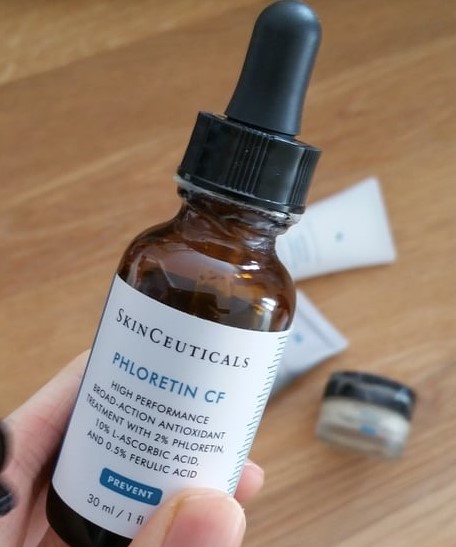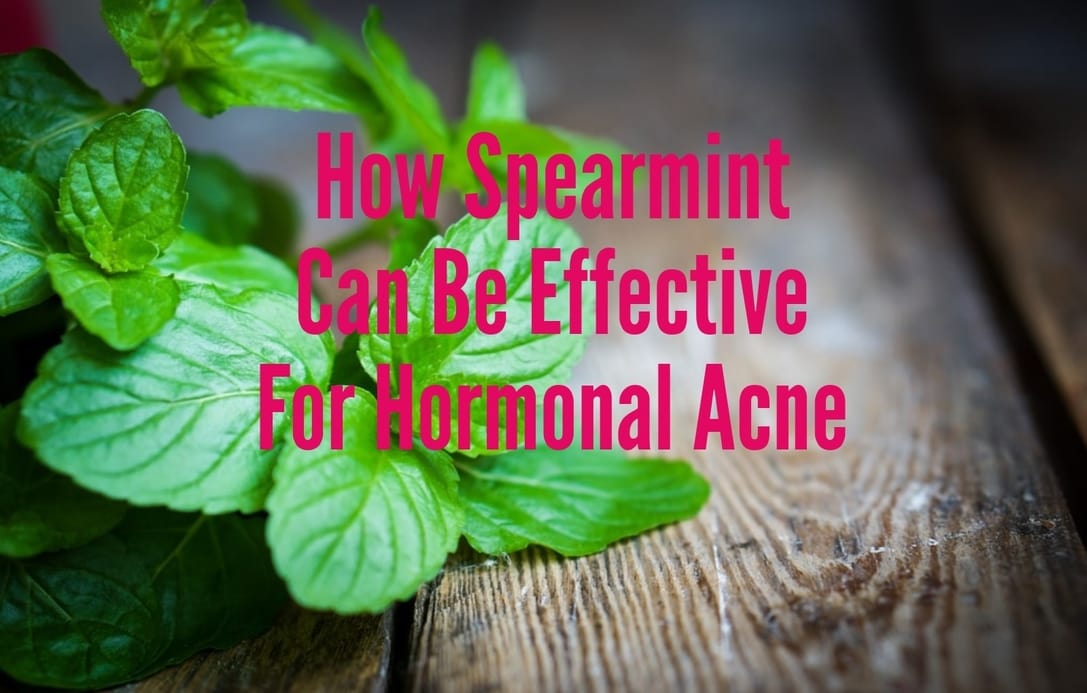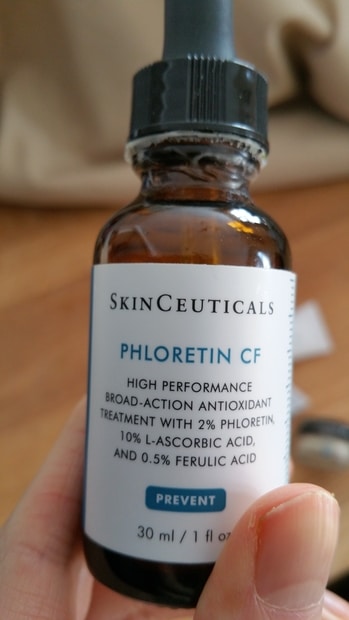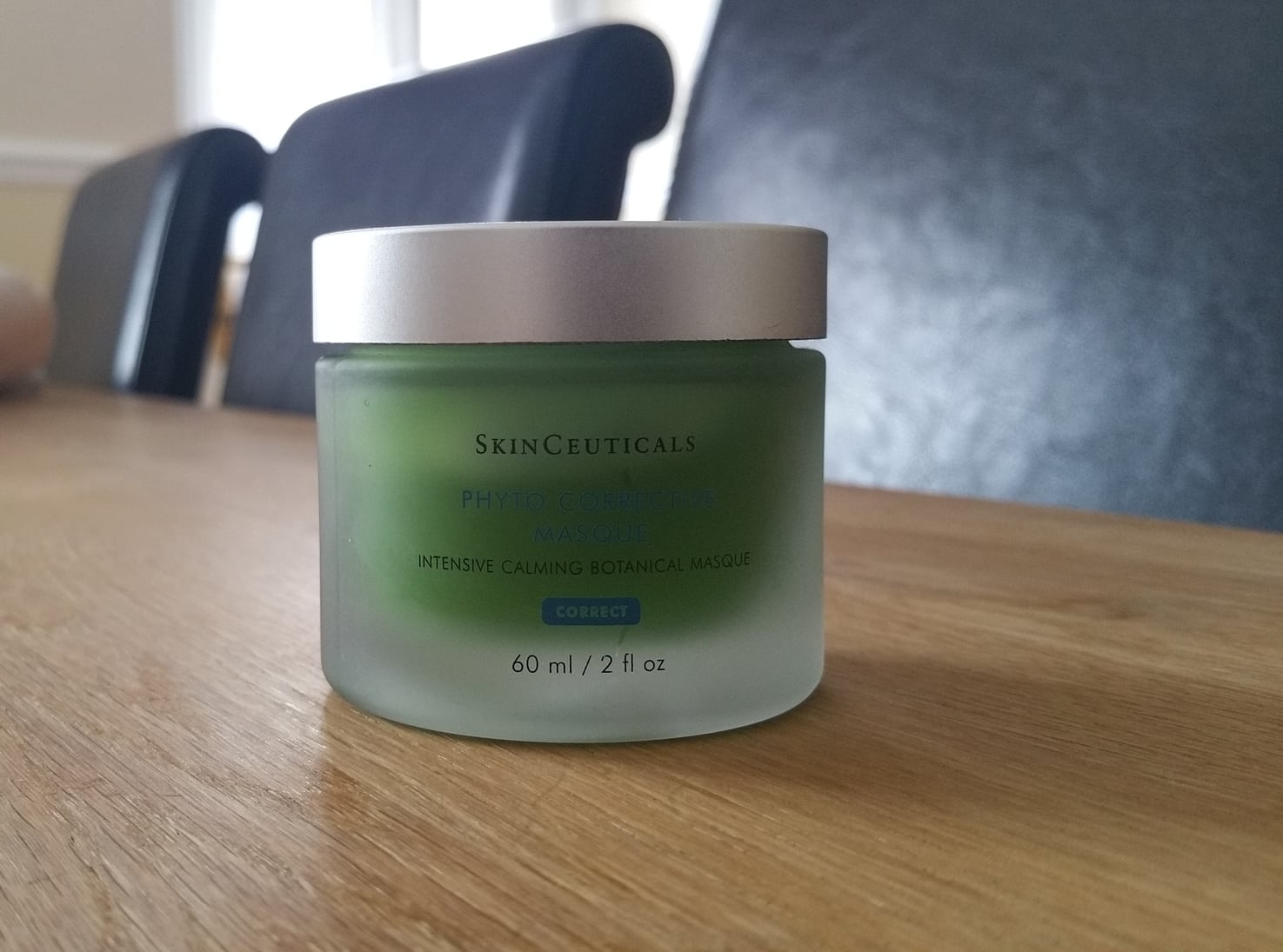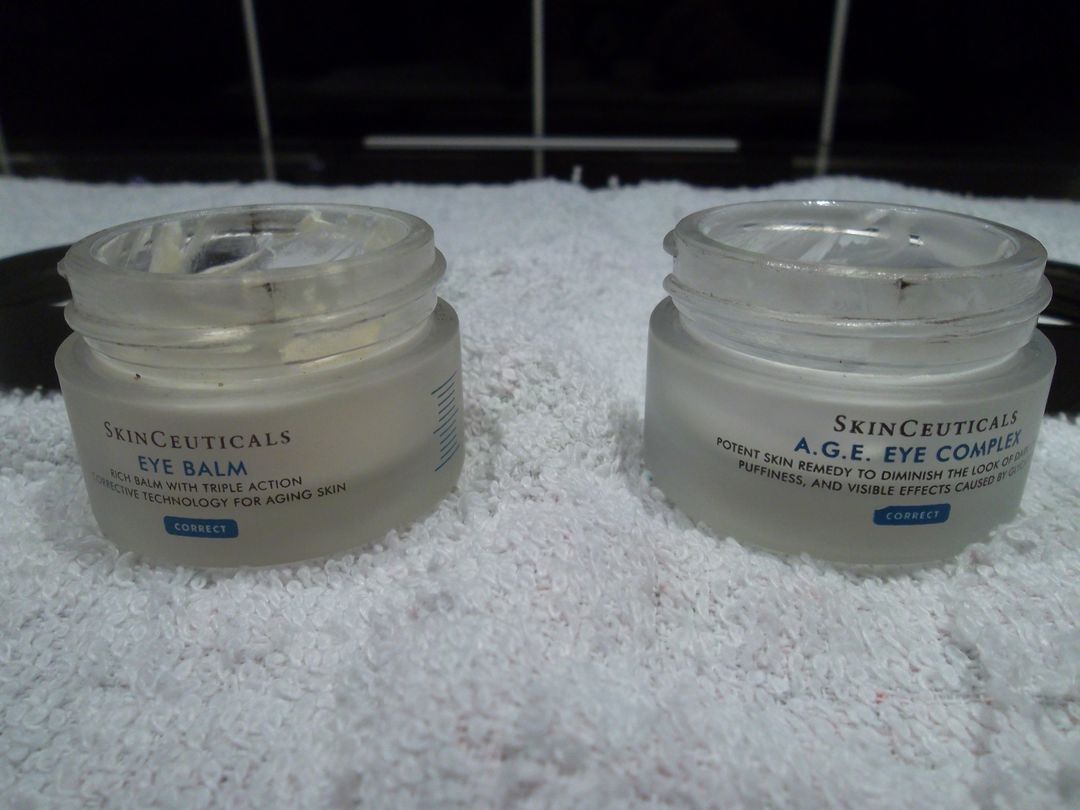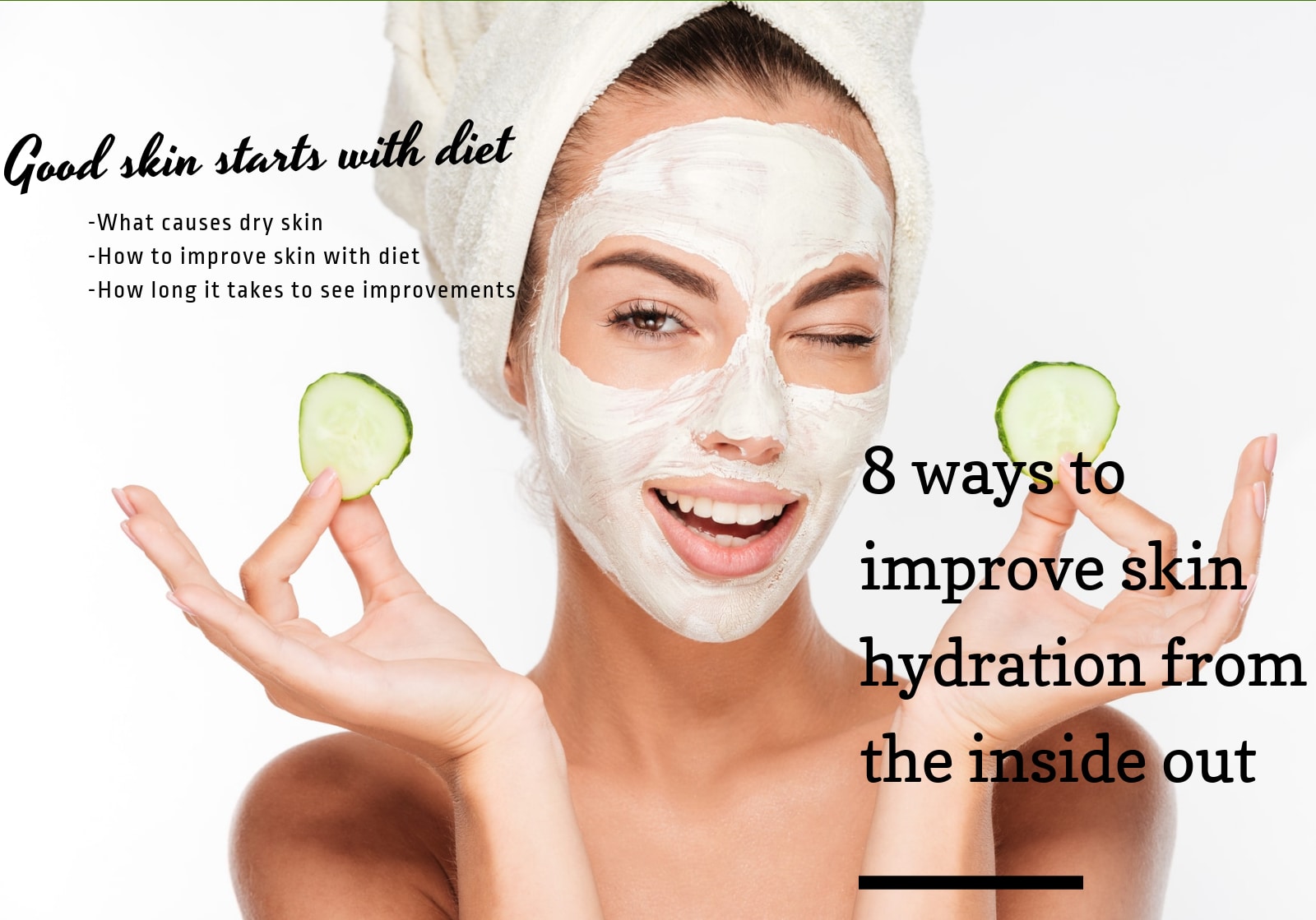Disclosure: This article may contain affiliate links. If you decide to make a purchase, I may make a small commission at no extra cost to you.
People with sensitive skin will understand just how difficult it can be to create a good skin care routine and not causing facial skin to become irritated and red. Sensitive skin tends to be a little more reactive than normal, so you have to treat it with more care.
Everyone wants blemish-free skin that is smooth to the touch and young-looking. There are countless products out there which promise instantly glowing skin, such as chemical peels and exfoliating solutions.
And while many of these products do have a positive effect on the look of the skin, it’s easy to overdo it and cause the skin to become angry and red. Sometimes these effects can take hours or days to go away.
In this article, I’ll discuss some of the triggers for developing an inflamed skin on the face and look at some natural remedies you can use to fix the problem fast.
Who is more likely to develop irritated skin?
Irritated skin can affect just about anyone, but there are certain people who will be more likely to develop problems and therefore should be a bit more cautious in the products they use and how they care of their skin.
Sensitive skin affects a lot of people. In fact, a study which was published back in 2011 in the international journal of Dermatology showed that almost 45% of people had sensitive to very sensitive skin types.
Below are some of the reasons why your skin may be sensitive
- Acne – If you have acne, one thing that will make it much worse is using harsh chemicals on the skin and products that’ll clog pores. While it’s very tempting to try to pick and scrub away the acne, sometimes it’s better left alone to heal by itself.
- Other skin conditions – People with eczema or dermatitis can be especially prone to irritated skin from the use of products.
- Medications – If you are taking certain types of antibiotics such as doxycycline or corticosteroid medications, your skin may start becoming more sensitive to the effects of UV rays and skin products.
- Young or old – The younger you are the more sensitive your skin will be. The same is true of older skin, which can become thin and fragile.
- Weather – If the weather is cold and harsh, your skin may start becoming more sensitive. Sun exposure will also cause the skin to become irritated and sensitive.
- Sleep – If you’re not getting enough shut-eye, then this can inhibit the natural regeneration of skin and cause it to become irritated.
- Hormone changes – Hormones, especially in females, can have significant effects on skin sensitivity.
- Dehydration – Not drinking enough water will cause changes in how much fluids we produce and cause the skin to dry out.
- Harsh products – Using products like retinoids, chemical peels, harsh exfoliating products, and harsh scrubbing can cause the skin to become red. These products can also cause the natural skin barrier to break down, leaving your skin to become more reactive to the harmful environmental chemicals and pollutants in the air.
- Food allergies – Certain types of food may cause allergic reactions which manifest as bumpy and red blotchy skin
How to tell if your skin is sensitive or not?
- The skin on your face becomes sensitive and sore when you press on it.
- Your skin becomes blotchy and red when you get out of the shower or wash.
- Your skin becomes flaky and dry. Your skin is not producing enough natural oils.
- Fabrics which rub against your skin cause it to become red and sensitive.
- Your skin may feel tight like it’s being stretched out.
- Your skin becomes itchy
The important thing when you have sensitive skin is to understand your skin type and understand whether or not your skin is reacting immediately or having a delayed reaction to a product.
This is why it’s not always easy to tell the culprit of your dry and irritated skin. Sometimes the best thing to do is simply remove all of the products you’re using and then add them back in one at a time over a period of a few weeks.
Ways to calm irritated skin on your face
The best way to deal with irritated skin is to prevent it from occurring in the first place. So below, I’ll share a few tips on steps you can take to help improve your skin health and how to calm irritated skin after it’s already flared up.
PREVENTION
1. When it comes to cleansing, keep it simple
As I’ve already mentioned, harsh scrubbing can lead to a breakdown of the natural barrier than the skin maintains to help protect it from the outside world.
Certain chemicals within soaps and cleansers like Sodium Lauryl and Laureth Sulfate can strip away this barrier and leave cause reactive skin.
The skin is tough, it needs to be, but it wasn’t created to deal with all of these harsh chemicals we throw at it to keep our skin squeaky clean.
I’m not saying that you should just wash with water, I think that cleansers are important, especially if you’re regularly using skin products or makeup. But find something which has more natural ingredients but is also effective at removing oil build up.
Avoid using hot water. Make sure it’s luke-warm.
2. Exfoliate less often and try milder products
There are different ways you can exfoliate the skin. They’re important because they help remove oil and bacteria from blocked pores in our skin. They remove dead skin cells and this allows active ingredients in skin products to be more effective.
There are different ways we can exfoliate: we can use brushes, flannels, sponges like konjac sponges (super popular right now).
And there are also washes which have little grains or beads in them which help remove dead skin cells.
Some of these are milder than others on the skin, but if you feel that your skin is becoming more irritated, try to cut down the number of days you exfoliate.
Konjac sponges are awesome for sensitive skin. I recommend that you give them a try.
3. Drink more water, less alcohol, and less caffeine
I know, it sounds simple enough, right? Drink more water. But you might be surprised to know that most people are simply not drinking enough water. Dehydration can be one of the primary reasons why your skin is becoming easily irritated.
Alcohol causes a person to become dehydrated and this can really impact how the skin looks. A regular drinker sometimes has some telltale signs, and red, flushed skin is one of them.
And finally, caffeine. Switch to beverages which contain less caffeine, like green tea.
4. Watch the foods you’re eating
Certain foods can trigger breakouts in the skin and cause it to become red. There are a few common culprits such as tomatoes, citrus fruits, and spices.
Sometimes reactions happen immediately, but they might be delayed making it more difficult to identify which food is causing the problem.
Cut down on the amount of salt in your diet if it’s too high.
Increase intake of leafy greens which are high in lutein such as kale and spinach. Also, increase your intake of omega 3.
TREATMENT
There are plenty of ways you can help soothe your irritated skin, so choose which method you think would be best for you. Some may work better than others, depending on the condition of your skin.
1. Pure Aloe Vera Gel
Aloe vera has been used as a healing remedy for literally thousands of years. It’s a common ingredient in skin care products for sunburn, because of its cooling effects and how well it can soothe red and inflamed skin, as well as promoting healing.
Aloe vera contains natural anti-inflammatory compounds which help block inflammation in the skin as well as helping provide a natural barrier to the skin.
Pure Aloe gel can be bought, but why not make grow or have your own aloe plants in the home? They don’t take up much space and great to have at hand in case you need it.
2. Try Phyto Corrective Masque
There are so many face masks one can try out which help revitalize the skin. One amazing face masque that I’ve recently discovered is called SkinCeuticals Phyto corrective masque. The face masque is meant to be left on for at least 15 minutes and then washed off, but you can leave it on for the entire night.
As it’s left on the skin, the ingredients are absorbed into the skin where they can heal and calm the skin down. The mask was created to help deal with redness from sun exposure, dry weather, post-laser procedure, acne, dehydration and for use with retinoids to help restore moisture back into the skin.
Some of the ingredients included are hyaluronic acid, aloe vera, cucumber, thyme leaf extract, olive leaf extract, grapefruit extract, and calming dipeptides. It’s a premium face masque but after using it your skin feels completely hydrated and incredibly soft!
The gel is made up of 9% botanicals and perfect for almost any skin type, including people who are prone to acne.
Check out my review of Phyto corrective masque.
3. Cover face with Green Tea
This one can be a bit messy and may stain your clothes, so before you do this one, prepare accordingly. So anyway, green tea contains some pretty powerful antioxidants.
These not only fight free radical damage but also help block inflammation in the skin as well as act as a natural anti-bacterial to fight acne breakouts.
Do use the green tea method, you can simply make a cup of tea, drink it, and then use the tea bag which was left in the cup to put on your skin.
However, if you want to cover your entire face, you may need five tea bags, so, in that case, you just put them into a pot of hot (boiled) water and then let them cool and place on the skin.
You can also dip the cloth into the pot bowl or pot of tea once it’s cool and then apply directly to the skin.
To make this more effective, add some turmeric to the green tea. Turmeric contains curcumin which also acts as a powerful anti-inflammatory and will help soothe irritated skin.
4. Make your own DIY mask with these four skin-soothing ingredients
Creating your own mask can be simple, fast, and effective. Here’s what you’ll need:
- Cucumber – Chop around 1/4 to 1/2 a cup of fresh cucumber
- Oats – 1 – 2 tablespoon of oats
- Manuka honey – One tablespoon
- Aloe vera gel – One teaspoon
Blend all of these ingredients and then place into a bowl. Once settled, lay down and place on your skin for 15-30 minutes and then wash off to reveal a glowing complexion!
Benefits of this DIY mask
Cucumber – Cucumber is a popular food used by many to help bring the skin back to life and help deal with tired skin. It contains a large amount of water and silica, which is important for collagen synthesis.
Oats – Oats act to exfoliate the skin and remove dirt, oil, and impurities which may be irritating your skin. They also contain significant amounts of beta-glucan, which is known to boost the immune system, regenerate skin and dampen down allergic response in the skin.
Manuka honey – Acts as a powerful anti-bacterial, boost skin moisture and helps hold all of the ingredients together for the face mask.
Aloe vera – Aloe vera contains many powerful antioxidants and has skin-cooling properties for damaged and irritated skin.
Conclusion
Looking after your skin and preventing it from becoming irritated and inflamed is important if you want to keep your skin looking young. Over time, chronic inflammation can cause accelerated aging and cause other skin conditions. Give these steps a try to see if it helps calm down your skin.

